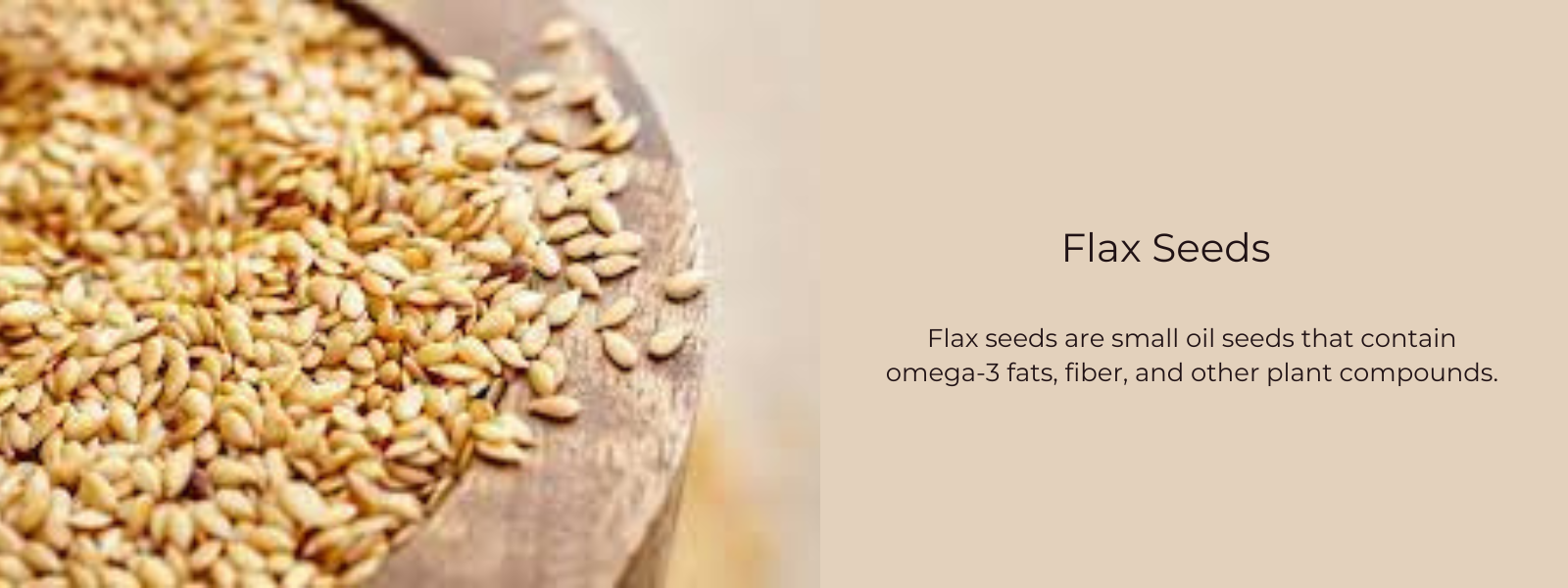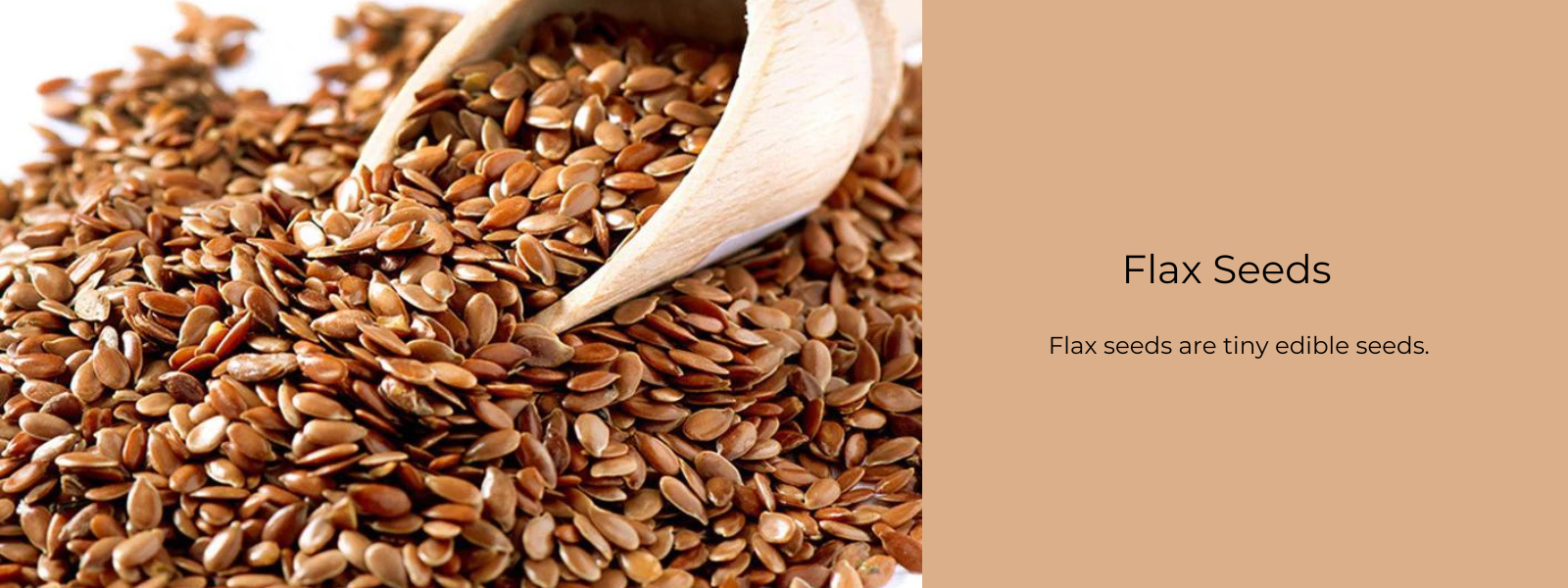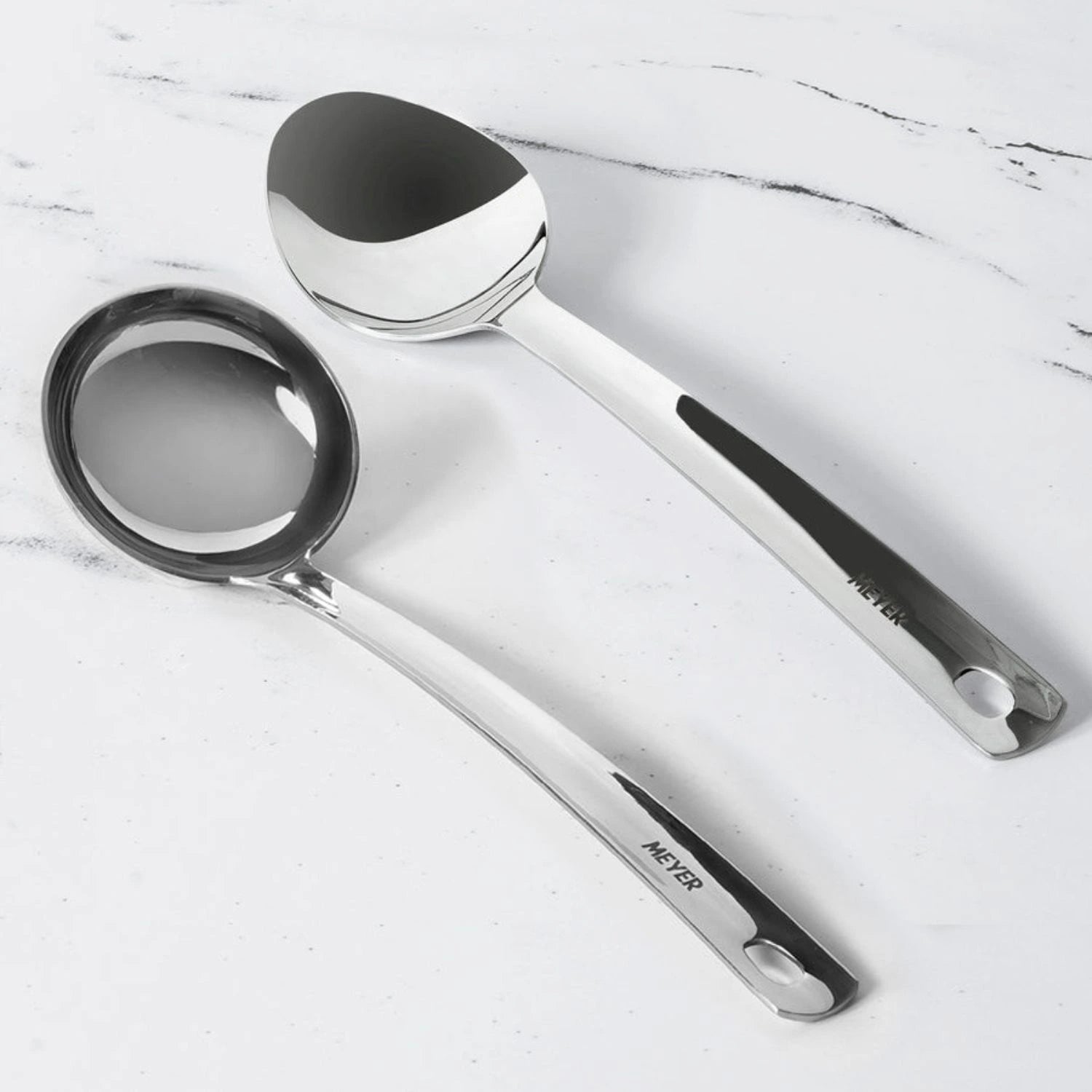Fiber-rich carbohydrates play a crucial role in promoting digestive health and overall well-being. Found abundantly in whole grains, fruits, vegetables, legumes, and nuts, fiber contributes to digestive regularity, helps prevent constipation, and supports a healthy gut microbiome. Soluble fiber, found in foods like oats, beans, and citrus fruits, forms a gel-like substance in the digestive tract, which slows down digestion and promotes feelings of fullness. Insoluble fiber, found in foods like whole wheat bread, brown rice, and leafy greens, adds bulk to stools and facilitates bowel movements. Additionally, fiber acts as a prebiotic, nourishing beneficial gut bacteria and promoting a diverse and balanced gut microbiota, which is essential for digestive health and immune function.
Table of Contents
What Are Fiber-Rich Carbs?
Fiber-rich carbohydrates are carbohydrates that contain a significant amount of dietary fiber, which is the indigestible portion of plant foods. These carbohydrates are found primarily in whole, minimally processed foods such as:
- Whole Grains: Whole grains such as oats, barley, quinoa, brown rice, whole wheat, and bulgur are excellent sources of dietary fiber. They contain the bran, germ, and endosperm of the grain, providing a wealth of fiber, vitamins, minerals, and antioxidants.
- Fruits: Many fruits are rich in fiber, particularly when consumed with the skin or pulp intact. Examples include berries (such as raspberries, blackberries, and strawberries), apples, pears, oranges, bananas, and kiwifruit.
- Vegetables: Vegetables are among the most fiber-rich foods available, especially leafy greens, cruciferous vegetables (such as broccoli, Brussels sprouts, and cauliflower), root vegetables (such as carrots, sweet potatoes, and beets), and legumes (such as lentils, chickpeas, black beans, and peas).
- Legumes: Legumes, including beans, lentils, chickpeas, and peas, are particularly high in fiber and are excellent sources of plant-based protein. They are versatile ingredients that can be added to soups, salads, stews, and casseroles to boost fiber intake.
- Nuts and Seeds: Nuts and seeds, such as almonds, walnuts, chia seeds, flaxseeds, and pumpkin seeds, are rich in fiber, healthy fats, and other nutrients. They make convenient snacks or toppings for salads, yogurt, and oatmeal.
Importance Of Fiber-Rich Carbs:
Fiber-rich carbohydrates play several important roles in supporting overall health and well-being:
- Promoting Digestive Health: Dietary fiber adds bulk to stools and promotes regular bowel movements, helping to prevent constipation and maintain digestive regularity. Fiber also supports the growth of beneficial bacteria in the gut, promoting a healthy balance of gut microbiota and reducing the risk of gastrointestinal disorders such as irritable bowel syndrome (IBS) and diverticulosis.
- Supporting Heart Health: Fiber-rich carbohydrates, particularly soluble fiber found in oats, legumes, and fruits, help lower LDL (bad) cholesterol levels and reduce the risk of heart disease. Soluble fiber binds to cholesterol in the digestive tract, preventing its absorption into the bloodstream and promoting its excretion from the body.
- Regulating Blood Sugar Levels: Fiber slows down the digestion and absorption of carbohydrates, helping to prevent rapid spikes and crashes in blood sugar levels. This can improve insulin sensitivity and reduce the risk of type 2 diabetes by promoting more stable blood sugar control over time.
- Promoting Weight Management: High-fiber foods tend to be more filling and satisfying than low-fiber foods, leading to reduced calorie intake and improved weight management. Fiber-rich carbohydrates help promote feelings of fullness and satiety, reducing the likelihood of overeating and supporting weight loss or maintenance efforts.
- Reducing the Risk of Chronic Diseases: Diets high in fiber-rich carbohydrates are associated with a reduced risk of chronic diseases such as obesity, type 2 diabetes, heart disease, and certain cancers. Fiber-rich foods are nutrient-dense and contain a variety of vitamins, minerals, and antioxidants that support overall health and may help protect against chronic disease development.
- Supporting Gut Health and Immune Function: Fiber acts as a prebiotic, providing nourishment for beneficial bacteria in the gut and promoting a healthy balance of gut microbiota. A diverse and balanced gut microbiome is essential for supporting immune function, reducing inflammation, and protecting against infections and diseases.
Do All Sources Of Fibre Contain Carbs?
Yes, all sources of dietary fiber contain carbohydrates, as fiber is a type of carbohydrate found in plant-based foods. However, not all carbohydrates are fiber-rich.
Carbohydrates can be classified into two main categories:
- Fiber-rich Carbohydrates: These are carbohydrates that contain a significant amount of dietary fiber. Fiber-rich carbohydrates include whole grains (such as oats, brown rice, and whole wheat), fruits, vegetables, legumes (such as beans, lentils, and chickpeas), nuts, and seeds. These foods are high in fiber, which provides various health benefits, including improved digestive health, better blood sugar control, and reduced risk of chronic diseases.
- Non-fiber-rich Carbohydrates: These are carbohydrates that contain little to no dietary fiber. Non-fiber-rich carbohydrates include refined grains (such as white bread, white rice, and pasta made from refined flour), sugary snacks and beverages, desserts, and processed foods. These foods are often low in fiber and may contribute to health issues such as weight gain, elevated blood sugar levels, and increased risk of chronic diseases.
Does Fiber Rich Carbs Help In Digestion?
Yes, fiber-rich carbohydrates play a crucial role in promoting digestive health and supporting overall digestive function. Dietary fiber, found abundantly in fiber-rich carbohydrates such as whole grains, fruits, vegetables, legumes, nuts, and seeds, offers several benefits for digestion:
- Promoting Regularity: Fiber adds bulk to stools and helps move waste through the digestive tract, promoting regular bowel movements and preventing constipation. Insoluble fiber, in particular, acts like a natural laxative, speeding up the transit time of food through the digestive system and reducing the risk of constipation.
- Preventing Diverticulosis: High-fiber diets are associated with a reduced risk of diverticulosis, a condition characterized by the formation of small pouches or pockets in the colon wall. Consuming adequate fiber helps maintain bowel regularity and prevents the development of diverticula, reducing the risk of complications such as diverticulitis.
- Supporting Gut Microbiota: Fiber serves as a prebiotic, nourishing beneficial bacteria in the gut and promoting a healthy balance of gut microbiota. A diverse and balanced gut microbiome is essential for proper digestion, nutrient absorption, immune function, and overall health.
- Managing Irritable Bowel Syndrome (IBS): For individuals with irritable bowel syndrome (IBS), fiber-rich carbohydrates can help alleviate symptoms such as bloating, gas, and constipation. Soluble fiber, found in oats, fruits, and legumes, can help regulate bowel movements and improve stool consistency in individuals with IBS.
- Reducing the Risk of Colorectal Cancer: Diets high in fiber-rich carbohydrates are associated with a reduced risk of colorectal cancer. Fiber helps maintain regular bowel movements, reduces the time that waste remains in the colon, and binds to carcinogens and other toxins, reducing their exposure to the colon lining.
Does Fiber-Rich Carbs Help In Weight Management?
Yes, fiber-rich carbohydrates can play a beneficial role in weight management. Here's how:
- Increased Satiety: Fiber adds bulk to foods, which helps you feel fuller for longer periods after eating. This increased satiety can lead to reduced calorie intake over time, as you may be less likely to overeat or snack between meals.
- Slower Digestion: Fiber-rich carbohydrates are digested more slowly than refined carbohydrates, leading to a slower release of glucose into the bloodstream. This gradual digestion can help stabilize blood sugar levels and prevent rapid spikes and crashes in energy, reducing the likelihood of cravings and overeating.
- Reduced Caloric Density: Foods high in fiber tend to be lower in calories compared to their refined counterparts. By choosing fiber-rich carbohydrates such as fruits, vegetables, whole grains, and legumes, you can increase the volume of your meals without significantly increasing calorie intake, making it easier to manage weight.
- Improved Gut Health: Fiber acts as a prebiotic, nourishing beneficial bacteria in the gut and promoting a healthy balance of gut microbiota. A diverse and balanced gut microbiome is associated with improved digestion, reduced inflammation, and better metabolic health, all of which can contribute to weight management.
- Enhanced Fat Loss: Some research suggests that higher fiber intake may be associated with greater fat loss, particularly abdominal fat. Fiber can bind to fat and cholesterol in the digestive tract, promoting their excretion from the body and reducing fat absorption.
Best Tips & Ways To Include Fiber-Rich Carbs Into Diet:
Incorporating fiber-rich carbohydrates into your diet is essential for promoting overall health and well-being. Here are some tips to help you increase your intake of fiber-rich carbs:
- Choose Whole Grains: Opt for whole grain varieties of bread, pasta, rice, and cereal instead of refined grains. Look for labels that list whole grains as the first ingredient, such as whole wheat, oats, quinoa, or brown rice.
- Load Up on Fruits and Vegetables: Include a variety of fruits and vegetables in your meals and snacks throughout the day. Aim to fill half of your plate with fruits and vegetables at each meal to increase your fiber intake. Berries, apples, pears, oranges, broccoli, spinach, carrots, and sweet potatoes are excellent choices.
- Include Legumes: Incorporate legumes such as beans, lentils, chickpeas, and peas into your meals regularly. Add them to soups, salads, stews, casseroles, and stir-fries for a boost of fiber, protein, and nutrients.
- Snack on Nuts and Seeds: Enjoy nuts and seeds as a snack or add them to salads, yogurt, oatmeal, or smoothies for extra crunch and fiber. Almonds, walnuts, chia seeds, flaxseeds, and pumpkin seeds are all great options.
- Choose High-Fiber Snacks: Opt for high-fiber snacks such as whole fruit, raw vegetables, air-popped popcorn, or whole grain crackers with hummus or nut butter. These snacks are not only nutritious but also help keep you feeling satisfied between meals.
- Eat the Skin: When appropriate, eat the skin of fruits and vegetables, as it often contains a significant amount of fiber. For example, leave the skin on when eating apples, potatoes, cucumbers, and zucchini.











Leave a comment